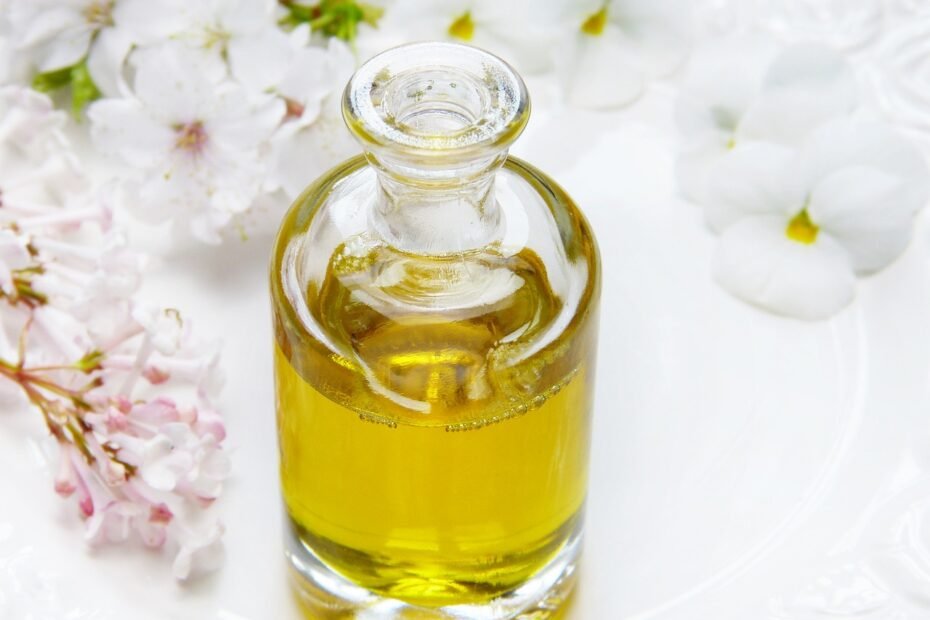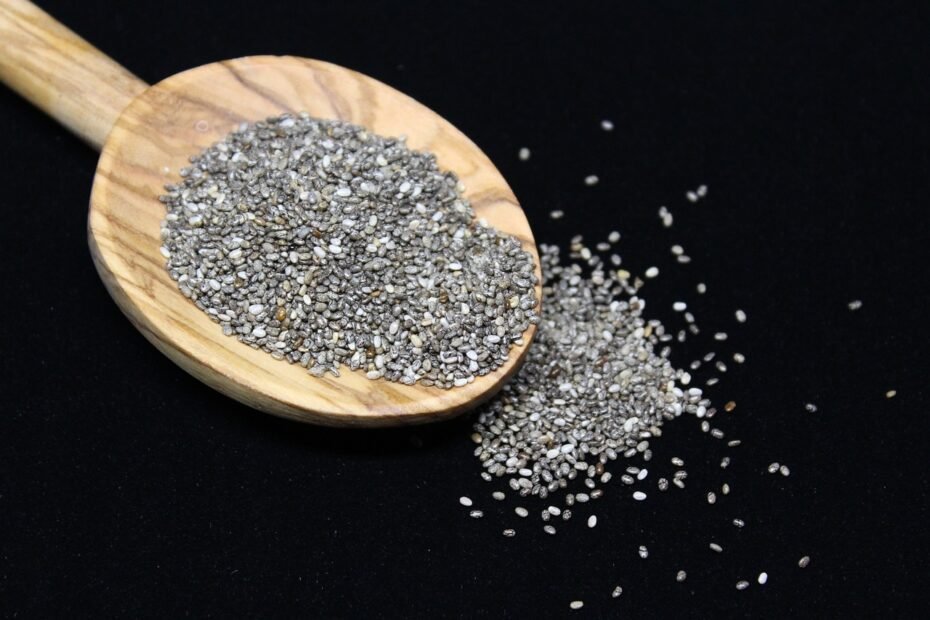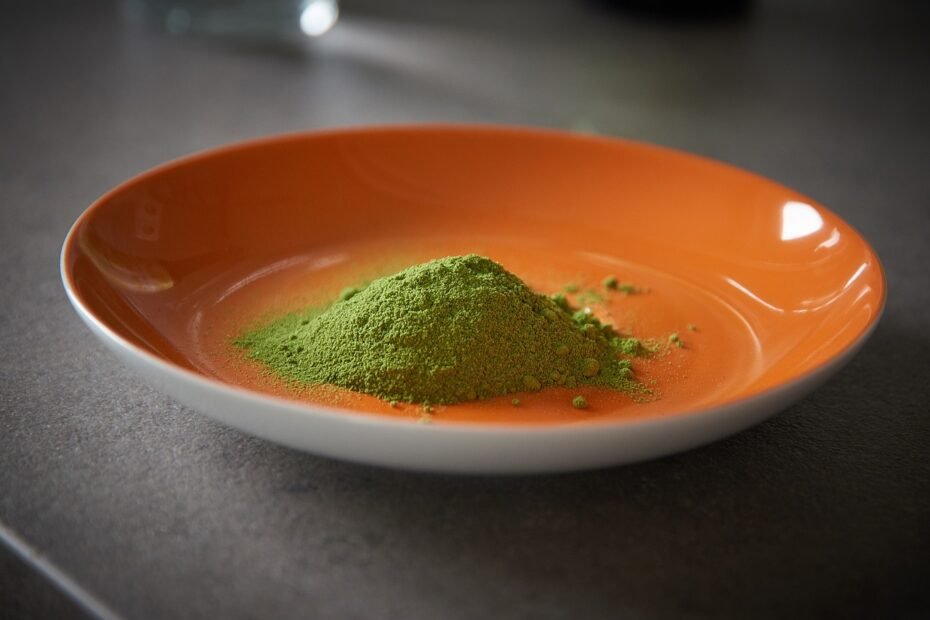So, you’ve probably heard about neem oil and its numerous benefits for skin care. You’re curious, right? Can you use neem oil on your face? This question is more common than you’d think, and today we’re diving deep into this topic. Grab a cup of tea and let’s get into the nitty-gritty!
Neem oil has been a staple in traditional medicine and natural remedies for centuries. If you’ve ever had a conversation with someone from South Asia, particularly India, they’ll likely have a treasure trove of neem-related stories. Neem oil is derived from the seeds of the neem tree, also known as “Azadirachta indica,” which is native to the Indian subcontinent. Over the years, it has found its way into the spotlight of holistic and natural healthcare practices worldwide. But, using neem oil on your face isn’t as straightforward as it may seem.
Let’s start with the basics. Neem oil is known for its rich composition of fatty acids, antioxidants, and anti-inflammatory properties. It’s not some holy grail ingredient that will solve all your skin problems overnight. No, it’s more like that dependable friend who always has good advice when you need it the most. That being said, not everyone’s skin reacts the same way to neem oil. Your unique skin type plays a huge role in how effective and beneficial neem oil will be.
Now, a bit of a confession from my personal skincare journey. I’ve had a fair share of ups and downs with various products. When I first discovered neem oil, I was dealing with persistent acne. Nothing I tried seemed to work, from drugstore products to high-end solutions. It felt like a never-ending battle against my skin. One day, a friend suggested neem oil, raving about how it had transformed her skin. Hesitant but somewhat desperate, I decided to give it a shot.
Lo and behold, the first week was a roller coaster. My skin didn’t react immediately. For a few days, I was convinced I’d made a huge mistake. I almost gave up. But then, slowly, I began to see a difference. The redness reduced, and the stubborn pimples started to shrink. By the end of the month, my skin looked fresher and felt smoother. I was ecstatic! However, it wasn’t a miracle cure; it was more of a step in the right direction for my specific skin type.
That’s one thing to keep in mind. Just because neem oil works wonders for some doesn’t mean it will for everyone. People have different skin types: oily, dry, sensitive, and combination. Neem oil might be too rich for someone with naturally oily skin or could perhaps be irritating for someone with sensitive skin. Patch testing—trying a small amount on a less noticeable area—is vital before committing to full-face use.
Another noteworthy point is the scent. Neem oil has a very potent and somewhat unusual smell. Think earthy, nutty, perhaps a tad garlicky. If you have a sensitive nose, this could be a deal-breaker. But if you’re the type who can weather strange scents for the sake of glowing skin, you’ll probably get used to it. Over time, I found myself looking forward to that quirky aroma as part of my nightly routine.
While personal anecdotes provide valuable insights, let’s not dismiss scientific findings. Studies have indicated that neem oil contains antimicrobial properties, making it a viable option for tackling issues like acne and fungal infections. A research study published in the Journal of Ethnopharmacology highlighted neem’s effectiveness in treating acne and preventing future breakouts. However, as promising as this sounds, remember that human biodiversity means outcomes can differ significantly.
Over time, neem oil has become a cherished part of my skincare amalgam. It’s not the be-all and end-all but rather a reliable addition. On days when my skin feels particularly rebellious, a dab of neem oil can often calm things down. It’s like a secret handshake with my skin: subtle, effective, and deeply personal. Your experience, of course, could be entirely different. Feel free to experiment, but exercise caution and mindfulness.
You might also wonder about combining neem oil with other products. This can be a bit of a balancing act. Mixing it with your daily moisturizer might be one approach, but overdoing it can lead to clogged pores or overly greasy skin. Trust me; I’ve been there. Finding that sweet spot was a journey of trial and error, another testament to the fact that skincare isn’t a ‘one size fits all’ scenario. It’s more like piecing together a puzzle, where neem oil might be one of those critical corner pieces.
I’ve also met people who’ve had less-than-stellar experiences with neem oil. A close friend struggled with an itchy, red reaction after just one application. She was understandably disheartened. The lesson here? Always listen to your skin and don’t be afraid to discontinue use if something feels off. Skincare is highly personal and what works for one might be a no-go for another.
So, where does that leave you? If you’re intrigued by the idea of neem oil and wonder if it could be the missing link in your skincare routine, don’t shy away from giving it a shot. Armed with knowledge, patience, and a little bit of caution, you might find neem oil to be a valuable ally in your journey to healthier skin. Or, perhaps you’ll decide it’s not for you, and that’s perfectly okay too. The world of skincare is vast and full of possibilities. Neem oil is just one small but fascinating piece of that expansive puzzle.
In the end, isn’t it captivating how a simple natural product can stir so much curiosity and provide such varied experiences? What’s your story going to be? Will neem oil be your skin’s new best friend or just an interesting chapter in your skincare narrative?
Disclaimer: Always consult with a healthcare provider or dermatologist before starting any new skincare treatment. The information provided in this blog should not be considered medical advice.
Sources:




